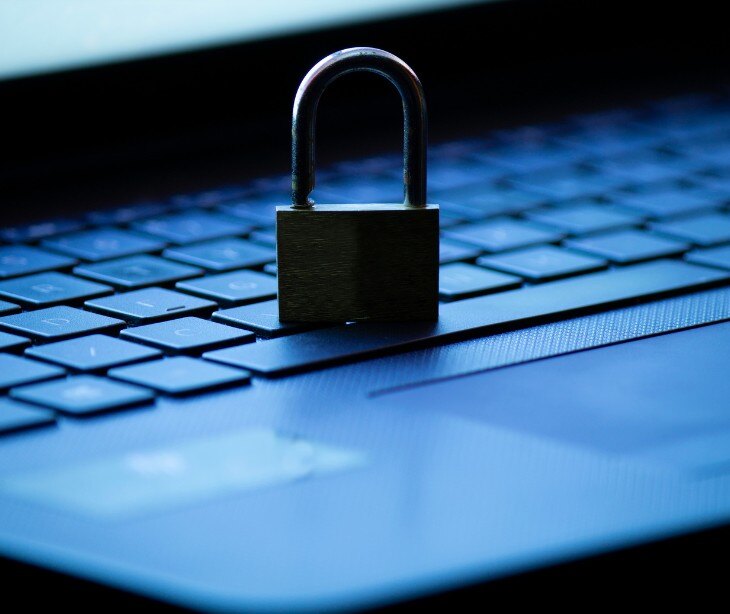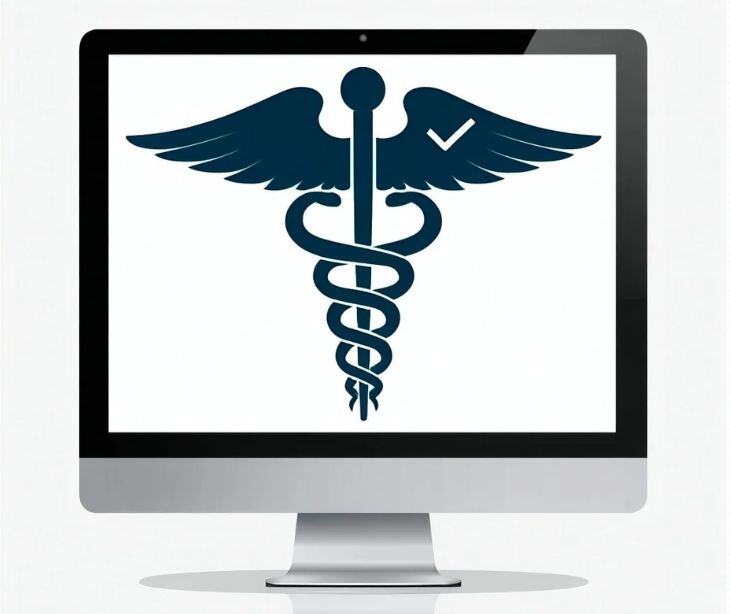2 min read
Can healthcare privacy officers delegate duties to staff members?
Gugu Ntsele Feb 21, 2025 10:54:11 AM

It’s important for those in healthcare management to successfully distribute responsibilities while ensuring patient data remains secure.
Legal framework for delegation
HIPAA regulations (specifically 45 CFR § 164.530(a)(1)) state, "A covered entity must designate a privacy official who is responsible for the development and implementation of the policies and procedures of the entity." While this language establishes the requirement for a designated official, it doesn't prohibit delegation of specific tasks.
The boundaries of delegation
According to an article by Information Age, “The [privacy officers] tools of the trade generally fall into three buckets: policies and processes; people; and technology. Policies are the rule book; they describe the company’s approach to data protection, and set out the guidelines and rules that staff are expected to follow. Processes include specific tools that help the company, and the [privacy officer], to identify and calibrate privacy risk. People are key in implementing the company’s data privacy rule book. Training and awareness-raising are essential to implementing a privacy programme and building a corporate privacy culture. Staff need to know what the baseline legal requirements are, what the company’s approach is, and why the company thinks data protection is important. The [privacy officer] plays a key role in raising awareness and rolling out training. Technology refers to systems and automated controls. The [privacy officer] needs to work with companies’ IT and information security functions to ensure that systems operate in a privacy-compliant way, and that data security is ensured.”
What can be delegated?
- Privacy training and education for staff members
- Routine auditing and monitoring activities
- Initial processing of patient rights requests
- Documentation maintenance of privacy policies and procedures
- Conducting risk assessments at departmental levels
- Initial triage of potential privacy incidents
What cannot be delegated?
- Ultimate accountability for the organization's privacy program
- Final decision-making authority on privacy matters
- Official representation of the organization to regulatory authorities
- Signing off on formal privacy policies and procedures
- Final determination in privacy complaint investigations
Best practices for delegation
1. Formal documentation
Create written delegation of authority documents that clearly outline:
- Specific responsibilities being delegated
- To whom they are delegated
- Reporting requirements
- Limitations of authority
2. Team structure
Establish a privacy team or committee with:
- Department-specific privacy liaisons
- Subject matter experts for different aspects of privacy
- Clear reporting lines back to the Privacy Officer
3. Training Requirements
Delegated staff can receive:
- Comprehensive privacy training
- Role-specific training for their delegated duties
- Regular updates on regulatory changes
4. Oversight Mechanisms
Implement systems for the Privacy Officer to maintain oversight:
- Regular reporting from delegates
- Periodic review of delegated activities
- Audit trails of key privacy decisions and actions
FAQs
Can a Privacy Officer delegate all their responsibilities?
No, while specific tasks can be delegated, the Privacy Officer remains ultimately responsible for compliance and decision-making.
Can non-privacy staff be assigned privacy-related duties?
Yes, with proper training and oversight.
What happens if a delegated staff member mishandles a privacy task?
The Privacy Officer and the covered entity are still held accountable.




%20-%202025-01-08T110958.529.jpg)